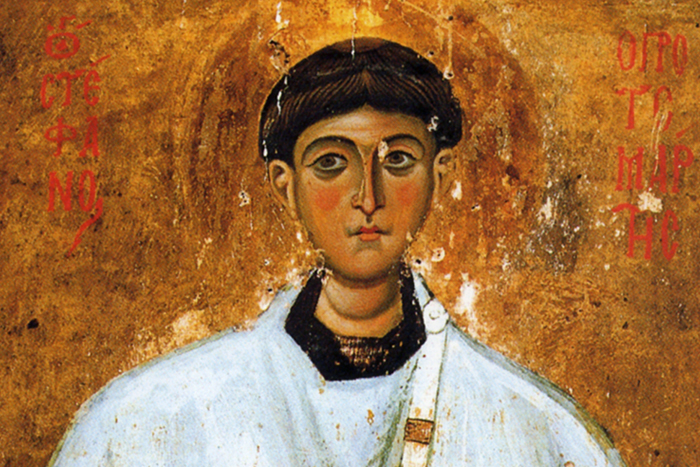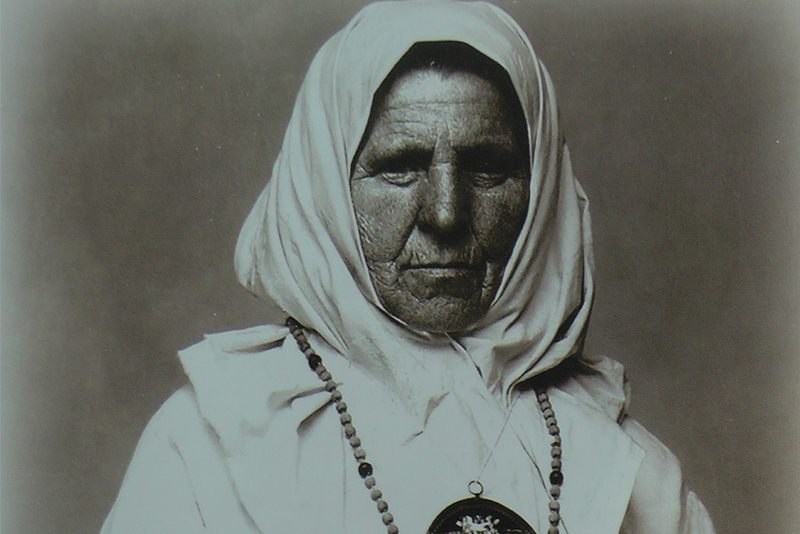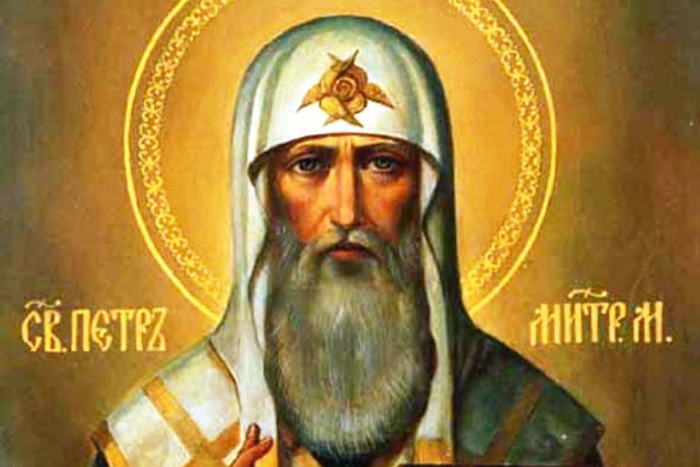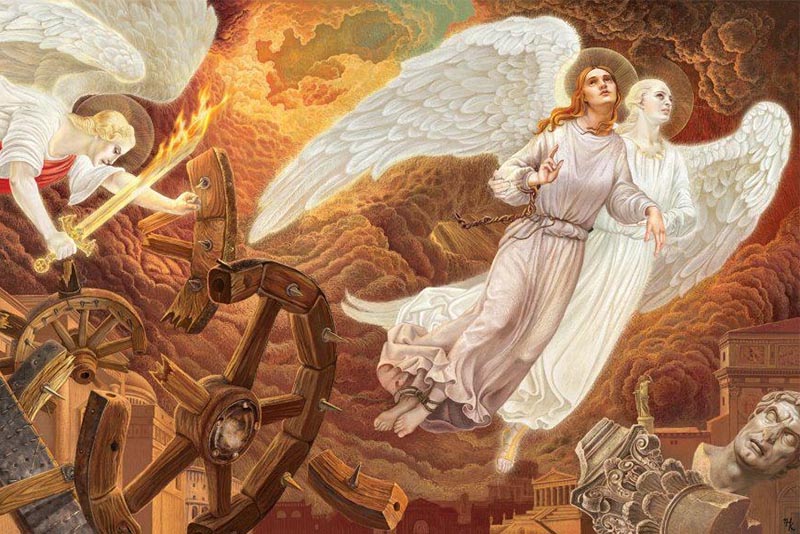
As with almost all Feasts of particular Saints, St. Stephen is only celebrated on a Sunday about once every seven years just like our birthday only falls on a Saturday once every seven years. Therefore, I wish take this unique opportunity to talk about St. Stephanos (whom we commemorate on December 27th), his life and death and what we, as Orthodox Christians, can learn from him.
When referring to St. Stephen, the Orthodox Church assigns two titles to him: Protomartyr and Archdeacon. We’ll come to protomartyr a bit later but Archdeacon means literally the ‘first’ or ‘highest ranking’ deacon. That’s because Stephen was the first of seven men to be chosen and ordained as deacons in the Church after Pentecost. We learn this from Acts 6:1-7 which is the scriptural passage that immediately precedes today’s epistle reading assigned for St. Stephen’s feast. The deacons were ordained because the Apostles could not feed all the widows (v.6:1) and still conduct their ministry of preaching the word of God (vv.6:2,4). The Apostles asked the disciples within the Church to choose seven men who would become deacons to feed the widows and serve others. In fact, the word ‘deacon’ literally means ‘the one who serves’. The apostles gave qualifications for choosing these men: 1) Must have a good reputation, 2) Full of the Holy Spirit, 3) Full of Wisdom (v.6:3)
Thus, we learn that St. Stephanos was a man of good reputation. In other words his character was not questionable, he didn’t have a serious criminal record and he wasn’t going to bring scandal to the Church. Rather, he was going to bring credibility to the order of deacons, to the apostles and to the greater Church. We also learn that St. Stephen was full of the Holy Spirit of God. In other words, he was humble and pure in heart. He was a penitent and a person of prayer who truly worshipped and loved God. In addition, we learn that Stephen was a wise man, someone who knew well the word of God in the sacred scriptures (at that time the OT) and consulted other godly people to learn more and to make good decisions. The positive changes that occurred as result of instituting the deaconate with men like St. Stephanos was two-fold: 1) the word of God spread and the number of disciples multiplied greatly (v.6:7).
Now from today’s epistle reading, we learn quite a bit more about St. Stephen. He was full of faith and power, so much so that he was able to do great wonders and signs among the people (v.6:8). This meant that Stephen had absolute, unwavering trust in God and God had given Him the power to perform miracles and heal people of their illnesses. We also learn that Stephen’s wisdom and God’s Holy Spirit speaking in and through him were so powerful and persuasive that the opponents of Christ and His followers, the Christians, were no able to resist or counter his arguments and assertions. This coupled with the huge passage that is omitted between the two parts of the epistle reading (7:6-46), show us that St. Stephanos was a great preacher, a man who was able to articulate the word of God but who was humble and trusting enough to let God’s Holy Spirit speak through him.
This latest point, that a deacon was able to preach like an apostle is instructive. It shows that certain charisms (Gr: charismata) are not necessarily limited to a certain order of the priesthood. In other words, people who are not apostles can be preachers and those who are not deacons can also serve/minister to those who are in need. As an aside this also shows us the current state of incompleteness within the Church today. We don’t have enough deacons. There should be at least one deacon serving in every Orthodox church. We don’t have enough bishops because there should be at least one bishop in every major metropolitan area throughout the country. The state of the deaconate and episcopacy itself is incomplete in that their functionality is confined primarily to the liturgical realm when it should be extending deeply into the pastoral realm helping to meet the real needs of real people everyday.
Let us return to St. Stephen. Because his opponents could not refute or overcome his preaching, they decided to deceitfully stir up people, including the Jewish leaders, against him leading to a religious trial. Those who were on the council charged with deciding Stephen’s fate saw his face shine like an angel (v.6:15). No doubt, this was sign of his holiness, of him being full of the Holy Spirit. However, because his accusers and those on the council did not believe in Jesus Christ as Lord and Messiah, they did not recognize this sign. After St. Stephanos pointed out their unbelief and impiety, they became wildly enraged at him and impulsively cast him out of the city and stoned him (v.7:58). While he was being struck with rocks and stones, imagine the psychic and physical pain, what does St. Stephan do? Well, just like the Lord Jesus Christ, he forgives them while they are hurting and killing them saying, “Lord, do not charge them with this sin.” (v.7:60) and he also asks God to receive his spirit (v.59).
The name ‘Stephanos’ literally means ‘the crowned one’. Is it a coincidence that the first man chosen to be deacon, who would become the first martyr of the Church, had this name? St. Stephen received the crown of martyrdom and that is evidenced by the gold circle around his head in the icon depicting him. Some people call this a ‘halo’ but the scriptural term is ‘crown’. If we look closely, we’ll see that every saint, whether they received physical martyrdom or not, has the crown of gold around their head. The reason for this is to first demonstrate the saint’s holiness, his or her being filled with the Holy Spirit of God as stated above. Martyrdom can be either physical in which one is killed because of their faith in Jesus Christ or spiritual in which they ‘die’ to worldly desires and pleasures through ascetic renunciation, or both.
So, each one of us must ask ourselves, “Have I done everything to build an honorable, good reputation that lifts up everything I’m involved with including my Orthodox Christian Faith and Church? Have I continually repented and humbled myself through prayer and worship in order to allow God’s Holy Spirit to grow within and work through me? Have I daily read the sacred scriptures and consulted my spiritual father and other holy, faithful people in order to gain the wisdom that only comes from God? Have I shared my faith through word and action as best I can allowing God’s Holy Spirit to speak through me which sometimes means not meditating beforehand on how to speak nor using my own words and ideas? Have I willingly stood up for my faith in Jesus Christ even when I know that it may bring persecution upon me? When others have hurt me through their words and actions, have I readily and fully asked for God to forgive them, myself holding no ill-will towards my persecutors and enemies?”
Even if we have not done so fully in the past, if we can from here continue to ask ourselves these questions each day and seek to respond to them affirmatively, then we can learn something from the Protomartyr and Archdeacon Stephan. And like Saul the great persecutor of Christians became St. Paul the great Apostle of the Church, God can remake us into the person He created and called us to be. Amen! Christ is Born! Glorify Him!
Source: http://www.orthodoxytoday.org/articles-2010/Andrews-What-Can-We-Learn-From-St-Stephen.php



